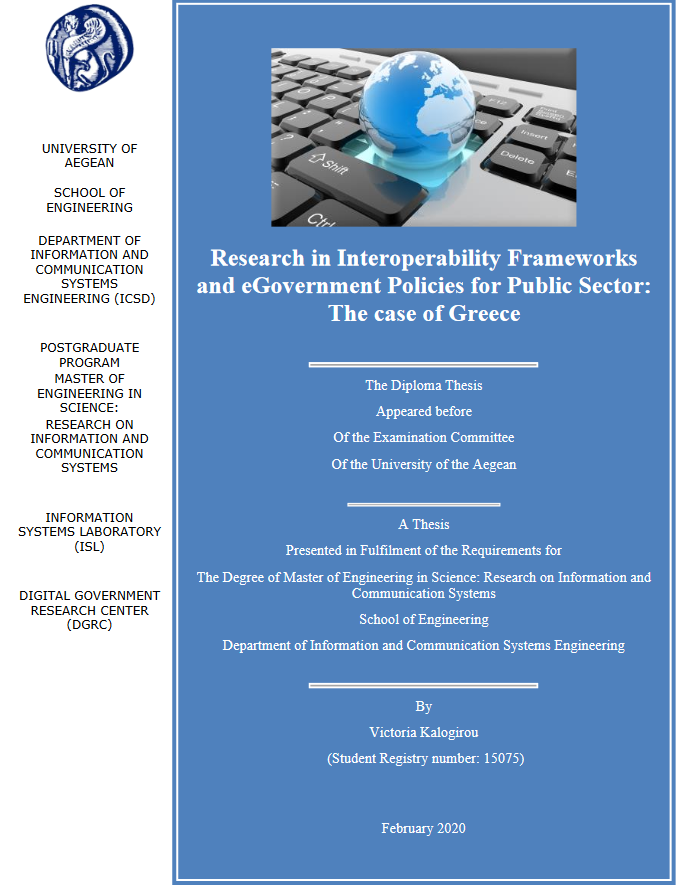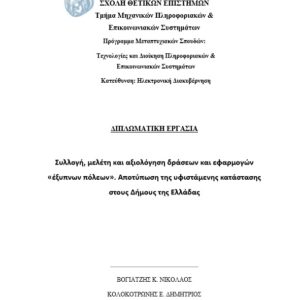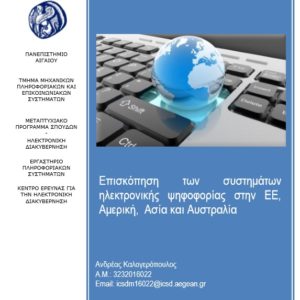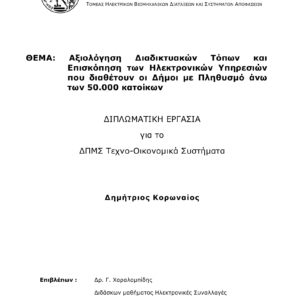The role of interoperability in electronic services is crucial. The European Commission (EC) –with the launch of the ISA2 and its predecessor programmes ISA and IDA – acknowledged the need for interoperability at an early stage. Effective Public Administration (PA) services towards businesses and citizens is a priority for both European Institutions and Member States. Thus, the focus is on creating policies, strategies, directives, recommendations and common frameworks that could tackle all levels of services, including their key building blocks. In 2004 the first European Interoperability Framework (EIF) for pan-European eGovernment Services was published, providing guidance to Public Administrations regarding interoperable cross border services. Since then, the framework has been revised twice and has been established as a leading reference and basis for the majority of National Interoperability Frameworks (NIFs), as well as, digital strategies across Europe. Despite the noticeable progress in this field, interoperability still has not reached its full potential as a main enabler for Digital Transformation. In Greece, as in other countries, taking advantage of this potential is complex and requires not only the interaction of the right tools but also of the right people. This research focuses on EIF and identifies the important role of interoperability and its associated major frameworks and policies. It describes EIF’s implementation by Member States, compares common assets and significant differences between various EIF versions, and proposes new directions. Furthermore, the Greek Interoperability Framework –eGIF –is studied and proposals for updating it beyond EIF are made, taking into consideration the complexity of the interoperability and eGovernment services environment.
Material
Back to shop
Research in Interoperability Frameworks and eGovernment Policies for Public Sector:The case of Greece
Research in Interoperability Frameworks and eGovernment Policies for Public Sector:The case of Greece
Only registered users can download this free product.
| Academic Year | 2020 |
|---|---|
| Author | Victoria Kalogirou |
| institution | University of the Aegean |
| Category | Thesis |




